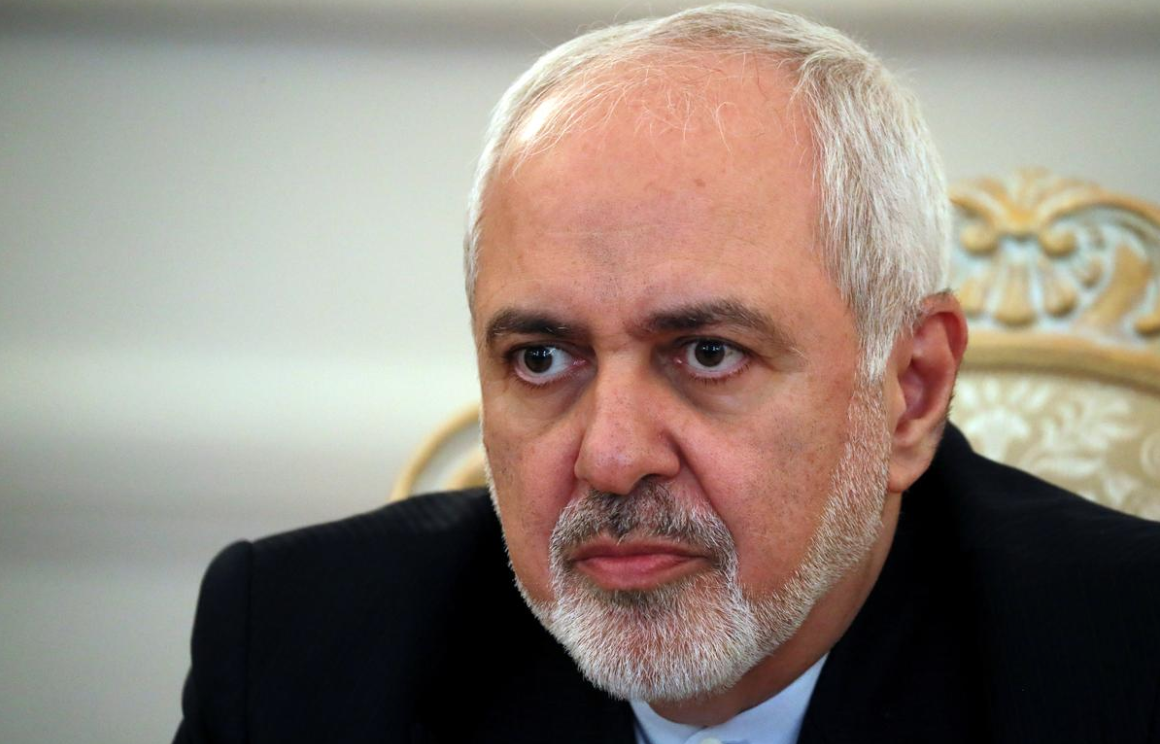
DUBAI, United Arab Emirates (AP) — Iran is not ruling out negotiations with the United States even after an American drone strike that killed a top Iranian general, the country’s foreign minister said in an interview released Saturday.
Mohammed Javad Zarif told Germany’s Der Spiegel magazine that he would “never rule out the possibility that people will change their approach and recognize the realities,” in an interview conducted Friday in Tehran.
There has been growing tension between Washington and Tehran since in 2018, when President Donald Trump pulled the United States out of the nuclear deal with Iran. The US has since reimposed tough sanctions that have crippled Iran’s economy.
But Zarif suggested Iran was still willing to talk, though reiterated his country’s previous demand that first the US would have to lift sanctions.
“For us, it doesn’t matter who is sitting in the White House, what matters is how they behave,” he said, according to Der Spiegel. “The Trump administration can correct its past, lift the sanctions and come back to the negotiating table. We’re still at the negotiating table. They’re the ones who left.”
Trump has maintained that the 2015 nuclear deal needs to be renegotiated because it didn’t address Iran’s ballistic missile program or its involvement in regional conflicts. The other signatories to the nuclear deal — Germany, France, Britain, China and Russia — have been struggling to keep it alive.
Following the US drone strike on Jan. 3 that killed Revolutionary Guard Gen. Qassem Soleimani, Iran announced it would no longer abide by any of the deal’s limitations to its enrichment activities. It then retaliated Jan. 8, launching ballistic missiles at two bases in Iraq housing American troops, causing injuries but no fatalities among soldiers there.
Zarif did suggest Iran was also still prepared for conflict with the US, though was not specific.
“The US has inflicted great harm on the Iranian people,” he said. “The day will come when they will have to compensate for that. We have a lot of patience.”




